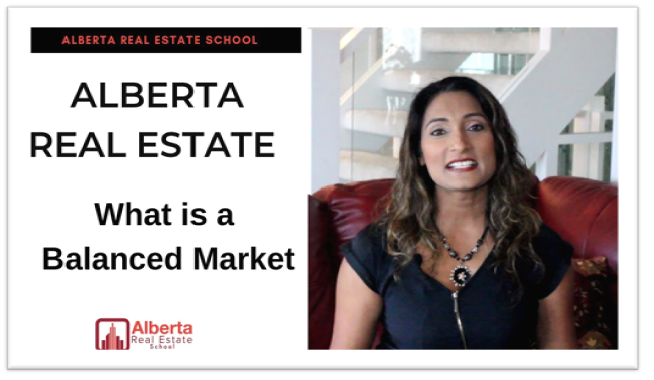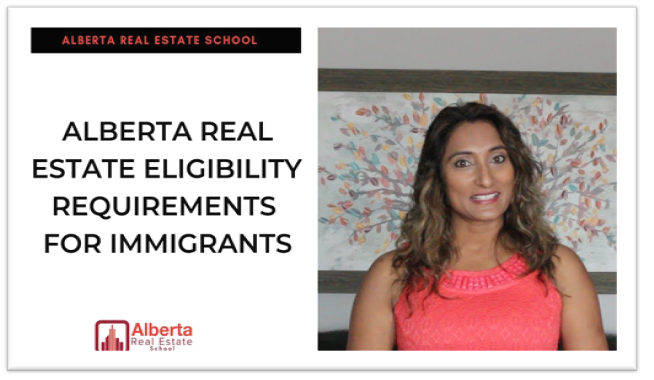Real Estate Markets have been booming above every other market, in general, because of high valuations of the product it offers. There is always a high demand for its products which gives opportunities for sellers to create a bigger market and serve the never-ending thirst for real estate properties. (Real Properties may be defined differently than you usually hear. Have a look at our Term of the Day) The ever-increasing demand leads to a surge for career options as a broker (or any other member) in the real estate industry.
Just like any other market, property markets also have various elements and hierarchies involved to manage the business in the most efficient way possible. Different authorities perform different duties to serve their best to the real estate industry. Here are some of the best career options you can look for as a broker or any other member if you are involved in the real estate business.
WHO IS A REAL ESTATE BROKER?
To understand the topic of Brokerage, we first need to understand who a Real Estate Broker is and how is he different from regular Real Estate Agents.
- The broker is the leader of the brokerage firm.
- Real Estate Agents work under the management of the Broker.
- The broker is responsible for making sure that all the activities of the brokerage comply with the Real Estate Act.
- The broker could be the owner of the brokerage, or it could be somebody who is managing the brokerage on behalf of the owner.
- Each brokerage can only have 1 broker.
Qualifications to Become a Real Estate Broker
There are certain things that you need to keep in mind if want to become a Broker in the Alberta Real Estate Industry. You can be eligible to become a Real Estate Broker in Alberta if you qualify under the following categories.
- A person needs to successfully complete the REAP program (Real Estate Associates Program) and complete all the areas of real estate practice. This means that you will have to pass the Residential, Commercial, Rural, and Property management Courses by RECA with a minimum score of 70%.
- Apart from the REAP Program, the candidate should also complete the REBP Program (Real Estate Brokers Program) with a minimum score of 70%.
- The candidate should have 2 years of experience in Alberta as a licensed real estate professional within a period of 5 years.
Responsibilities of a Broker
A Broker has an authoritative position in the industry. A broker is entitled with duties and responsibilities that are important from a legal, official, financial, and managerial perspective. A broker can be accountable for the following roles and tasks.
- Supervision of associates and all the unlicensed staff that may be employed by the brokerage.
- Check and verify all the trades that go through that brokerage and make sure all the real estate agents within his brokerage firm are working within the guidelines outlined by the Real Estate Act.
- Responsible for maintaining the proper management of, and control of the documents, and making sure they stay on top of the trust accounts.
- Make sure that all the business of the brokerage is carried out competently and in accordance with the Real Estate Act.
To summarize, the broker is responsible for everything that goes on in the brokerage.
Career Options for a Broker
Now let’s take a look at what are the career options if a person wants to become a broker –
1. Become a Broker at a Current Brokerage Firm
So, if the broker of the current brokerage is retiring or leaving a brokerage firm with any other reason, there may be an opportunity to become a broker with that brokerage firm. There can only be one broker per brokerage, so there must be an opportunity, or that role available.
2. Start your own Brokerage Firm
If you are firm and confident enough to start your own brokerage firm, go ahead. Make sure you get Real Estate Agents to work under your brokerage firm.
3. Become an Associate Broker with RECA
Becoming an associate broker with RECA is the best option to serve the Real Estate Industry without having the responsibilities to manage Real Estate Agents under you. An associate broker has all the qualifications that a broker would have.
SAMPLE QUESTIONS
Now let us take a look at some of the exam questions that we may see on this topic.
Example 1:
Which of the following requirements must a real estate associate fulfil in order to be licensed as a real estate broker?
I. Complete the Real Estate Brokers Program.
II. Be authorized in all specialty areas of real estate practice.
III. Be able to be employed as a broker of a real estate brokerage.
IV. Have at least two years of experience as an associate within the previous five years.
And the options are:
A. requirements one, two, and three.
B. requirements two, three and four.
C. requirements one, three and four.
D. all the above.
The correct answer is D.
Example 2:
Which of the following individuals is authorized by RECA to operate and manage a real estate brokerage?
And the options are:
A. agent.
B. broker.
C. associate.
D. associate broker.
The correct answer is B. A broker is the only person who is authorized by RECA to run a brokerage.
Example 3:
Pauline Yan has recently passed her REBP courses and is now ready to start her career as a broker. Which of the following is not a valid career option for her?
And the options are:
A. becoming the second broker at her current brokerage.
B. becoming the broker at another brokerage.
C. becoming the broker at a new brokerage.
D. becoming an associate broker.
The correct answer is A. A brokerage can only have one broker. So she cannot become a second broker at her current brokerage.
These are some sample questions with solutions and reasoning to get you understand the basic concept of Brokerage.

Did you know??
Real Property and Real Estate Property have different definitions in the book of Law and Real Estate!
Strengthen your Real Estate Terminology with our Question of the Day & Term of the Day Videos, only at Alberta Real Estate School.
If you feel this meaningful and can think of making a career in the Alberta real estate industry, get in touch with us at 587-936-7779.
Good luck with your Real Estate Studies!
You can listen to this blog on our Podcast Channel below. Keep in touch for more updates.









